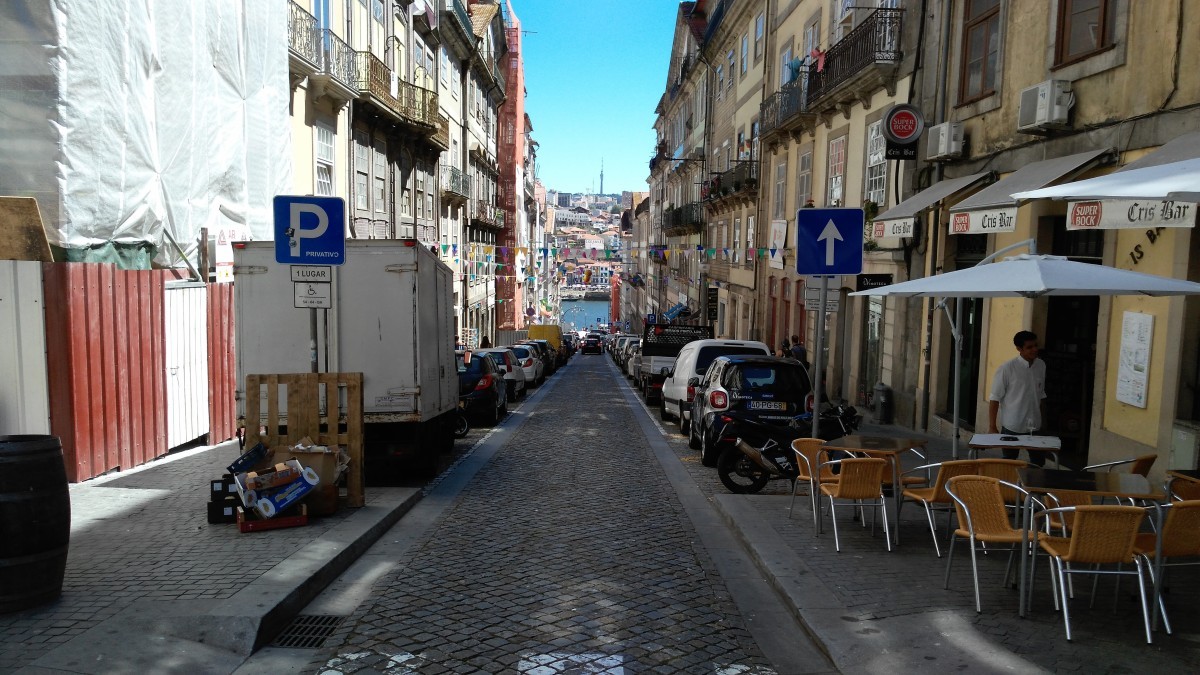
Lisbon has announced its plan of attack to address the city's housing problem. In the scope of the presentation of the Lisbon Municipal Housing Bill, the Mayor, Carlos Moedas, revealed some of the measures that will be part of this package: more construction is planned, the relaunch of cooperatives or even the purchase of houses from private individuals for rent. This is how Lisbon plans to lower rental prices in the city.
Lisbon's Municipal Housing Bill
The Municipal Housing Bill sets three priorities:
- Increase and improve the supply of municipal housing, "with the whole system", including the private one;
- To reduce asymmetries in access to housing
- And regenerate "the forgotten city".
Buying vacant houses from the private sector and then renting them out
"We looked at the money we have from the PRR (Portugal's recovery and resilience plan) and thought 'we won't be able to build everything ourselves, but there are many houses that we can be buying, buildings that we can buy'", said Carlos Moedas, in the presentation of the Lisbon Municipal Housing Bill.
To implement this idea, which was proposed by the Councillor for Housing, Filipa Roseta, the mayor said he has already asked the municipal director of Heritage to "immediately start launching programmes for the purchase of buildings in Lisbon, of fractions that are vacant", in which the municipality buys and becomes the owner of the property, without interfering with the right of private property.
"We will start already this year. We already have a part of the budget dedicated, but we have, above all, the possibility of also taking from the PRR", Carlos Moedas indicated, recalling that Lisbon has 343 million euros from the PRR, until 2026, to intervene in housing, with most of the money destined to construction, an option in which "times are long" in terms of execution.

In this sense, the purchase of units already built may be "a faster solution" in the use of the PRR funds until 2026, in which the council can use the right of preference in the transaction of properties and, "with that, afterwards, have cheaper housing", said the mayor.
"We're not talking here about buying impeccable units in the city centre from private individuals, that wouldn't make sense, but there are many buildings that are often half-abandoned, that for historical reasons have sometimes not been sold, and we can intervene and buy at a price that allows us, obviously, to have affordable rent," explained the mayor, adding that these are mainly vacant houses, which need renovation work.
Housing cooperatives
Another of the measures presented involves the relaunch of five cooperatives by the end of this year, with one having already been launched in Lumiar, to give council land to a group of people who want to build and make cheaper housing.
"It cannot be a housing policy that prohibits or imposes, it has to be really inclusive", reinforced Carlos Moedas, stressing that it is necessary to be realistic, not to create false expectations, because "no politician, no one, has a magic wand" to solve the problem, including the idea of "centralised resolution in two or three years".
Extraordinary tender for affordable rent
Another of the measures is the extraordinary public tender for affordable rent for those who have been left out of the supported lease and the affordable rent programme, because they earn more than 500 euros and less than 760 euros.

Direct support for families
There is direct support for families, in which the council can help 1,000 households to pay the rent, through the Municipal Subsidy for Affordable Rent, in which the aim is that tenants in the private market do not pay more than 30% of what they earn, and this municipal support can go up to 1/3 of the rent.
Student accommodation in Lisbon
The council is also intervening in student housing, with 300 beds being created in Alameda and 900 beds in the pipeline, and working to increase the supply of housing for police officers and teachers.
"These are not promises, this is what we are doing [...] this is not a promise of a housing programme, it is materialising a programme that will give more access, that will diversify what is the supply and that will manage to fight against this great challenge or at least manage to contribute", the mayor also pointed out, criticising, in an indirect way, the Portuguese Government's new "More Housing" scheme.